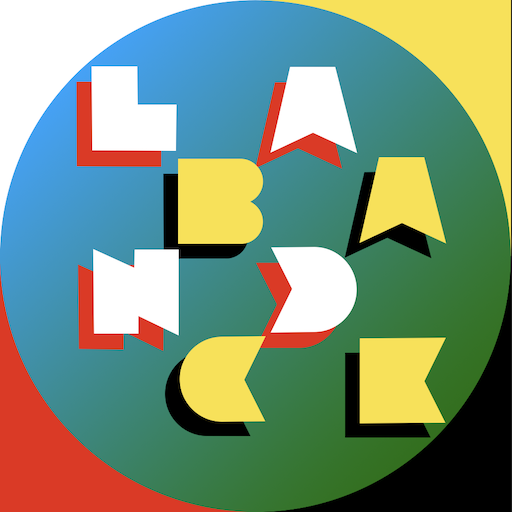April ’21: Colonialism

From April 9-11, the federal NDP is holding its 2021 convention. A number of forward-thinking resolutions are on the table, and perhaps the most important is a chance to stand up for Land Back.
It goes without saying that rhetorical commitment and real-world follow-through are not the NDP’s strong suits. But there is a chance to bring a reckoning to bear in Canadian federal politics.
This logo, incorporating #LandBack and the four colours synonymous with Indigenous rights, is hereby released in the public domain, to facilitate a mass online show of support to push society to work to return or compensate Indigenous peoples for their traditional territories. Please feel free to download it and use it as you see fit.
In “Vancouver”, on the traditional territories of the Musqueam, Squamish, and Tsleil-Waututh peoples, there has been a recent rise in organizing among Indigenous residents to tackle the colonial brainworms which make “British Columbia” what it is.
Here’s a recent street art find that brought life to a foreboding sculpture near VCC-Clark SkyTrain:

Edit: This was power-washed away shortly after this post was published, but soon this amazing Kush Bros piece replaced it
(before also being power-washed away):

Other image and script-based pieces accompany the textual ones.
So much needs to change to make this place right again with the peoples who were here first. With a majority supporting the abolition of the monarchy, it is time to have conversations about the future. We have a collective opportunity to stand up with Indigenous people.
There is so much we need to do better, and at every step, Indigenous voices must be centred. In “Canada” we spend far too much time pretending to engage in a discourse about Indigenous rights while continuing to steamroll them on our terms. All these ideas are points to discuss and engage with Indigenous collaborators and thinkers.
Colonial society: We have had ENOUGH.
Here’s a five-point colonialism action plan:
- Indigenous primacy. It’s time to put Indigenous communities at the core of policy design and delivery, and remake society to the better of all of us. Today, we have a two-tiered society where an Indigenous underclass lives without adequate housing, native-language schooling, and even clean water. We need to be a country where our Indigenous communities set a model for our collective standards of living, not one where they suffer because we put them last. Consultation, partnership, deference, support.
- Resource futurism. There are difficult financial dilemmas facing Indigenous communities over the exploitation of resources on their traditional and legally recognized territories. As we all face down the realities of the climate and ecological emergency, we have to sunset uncreative old-growth logging, fossil fuel and mining projects. We need to fund and build future-proof industries for Indigenous communities, like green hydrogen and carbon capture for reuse, retraining displaced resource workers.
- Rights back. The degree of legal consent granted Indigenous communities in “Canada” is laughable. Rarely do Canadian courts recognize hereditary leadership. Fixing this starts with implementing UNDRIP throughout society. Self-determination is critical for Indigenous futures. Land and water back, restoring connections to home while supporting communities financially. Liberation for all peoples. Sovereignty to all Indigenous peoples.
- Dismantling the system. We need to act together to pull down the walls of the old castle. Our carceral and policing system, the social work and foster care systems, our governmental priorities and design are all inheritances of the broken, anachronistic British monarchy we allow to rule over Indigenous lands. This all serves the mission of white supremacy, entangled with the colonial economics of extractive capitalism. Needs to change.
- Compensatory justice. So many people have been harmed by the broken, hellish colonial system, particularly the families and loved ones of MMIW2+ and Indigenous lives lost to the RCMP or white farmers in cahoots with the RCMP. “Canada” has ruined many other lives: people kept enslaved, Japanese people sent to internment camps, migrants kept in perilous conditions. Reparations is something we need to discuss, both the financing of and the amount, format, and split.
We wanted to share the above as a jumping-off point for a broader discourse, and look forward to the perspectives of Indigenous voices, who we must always follow as we seek to decolonize. It is time for Land Back, as a starting point. It is time to end the ongoing genocide of Indigenous people in “Canada” and worldwide. It is time for us to stand together and force society to do its duty for Indigenous people.
#WeHaveHadEnough